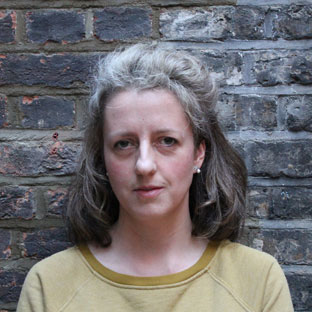How cities and individuals are taking action to combat city-level challenges.
In a recent interview, Ben Lucas, Commissioner of the City Growth Commission, spoke about his visit to Bogota, Columbia, for the first UN Habitat World Cities Day. With a theme of Leading Urban Transformations the day is symbolic of a new appreciation for the rising productivity, autonomy and creativity of cities which, in many cases, are outstripping their nation states in terms of economic growth.
By 2030 it is estimated that two-thirds of the world’s population will live in cities. Within this long-term urbanisation trend there are some interesting global patterns. While some Latin American countries such as Columbia are similar to England in terms of having one dominant city, this is often not the case in Europe where cities tend to be of equal sizes and economic importance. In some cases urban areas are morphing into ‘mega areas’, the largest of which is the Hong Kong-Shenhzen-Guangzhou region in China, home to about 120 million people. How urban growth at this unprecedented scale can be balanced with equitable public service provision, adequate transportation, sufficient supply of water and sanitation infrastructure are important questions if these cities are to be livable and sustainable in the future.
However, there are some interesting examples of how cities and individuals are taking action to combat their city-level challenges. Examples include ‘carpooling’ across 20 companies in Brazil, and Rotterdam’s ambitions to be the most sustainable world port city through green energy production and CO2 storage.
To aid the transmission and implementation of effective initiatives, networks of urban organisations and governments are emerging which are sharing ideas and co-creating solutions, such as the World Cities Culture Forum. This includes a collaborative network of 27 world cities founded in 2012 that share a belief in the importance of culture for creating thriving cities. Eurocities is another, bringing together the local governments of over 130 of Europe's largest cities and 40 partner cities which, between them, govern 130 million citizens. In addition, the intercultural cities index assesses countries intercultural integration through a mixture of expert and peer reviews of their policies, governance and practice.
Initiatives such as these indicate that a broad coalition of people now recognise that the urban scale is well-suited to addressing our generation of social, economic and environmental challenges, and in doing so demonstrate what the RSA calls ‘the Power to Create’ in action at local and international levels. It is through this kind of citizen action that cities will be able to develop what Judith Rodin, President of the Rockefeller Foundation, described in her recent talk at the RSA as their “readiness, preparedness and prevention,” which enable them to become more networked, sustainable and resilient to external shocks such as severe weather and economic crises.
This is a key area of interest to the RSA as we build on the success of the City Growth Commission as we have done in our recent report ‘Devo Met: Charting a path ahead’, where we assess recent policy progress and explain why we need a more open and effective process for city devolution. In addition, we are initiating a national debate about place, identity and heritage by assessing the different routes through which identity and heritage could provide stronger influence in local place shaping.
The role of cities has changed significantly in recent decades and promises to offer more opportunities and challenges alike in the decades to come. You might consider how the networks you belong to, be they based on interest, background or profession, will intersect with the rising importance of cities. Together with our 27,000 strong Fellowship, the RSA looks forward to exploring these themes further. If you would like to be part of this debate and share your ideas, we would love to hear from you. Please contact us here.

Join the discussion
Comments
Please login to post a comment or reply
Don't have an account? Click here to register.
Hi Laura,
Great initiatives here but I would hope that we can the make the HLF funded project and debate on place. identity and heritage truly national, by extending it across the borders of the UK nations.
Best,
Wiard